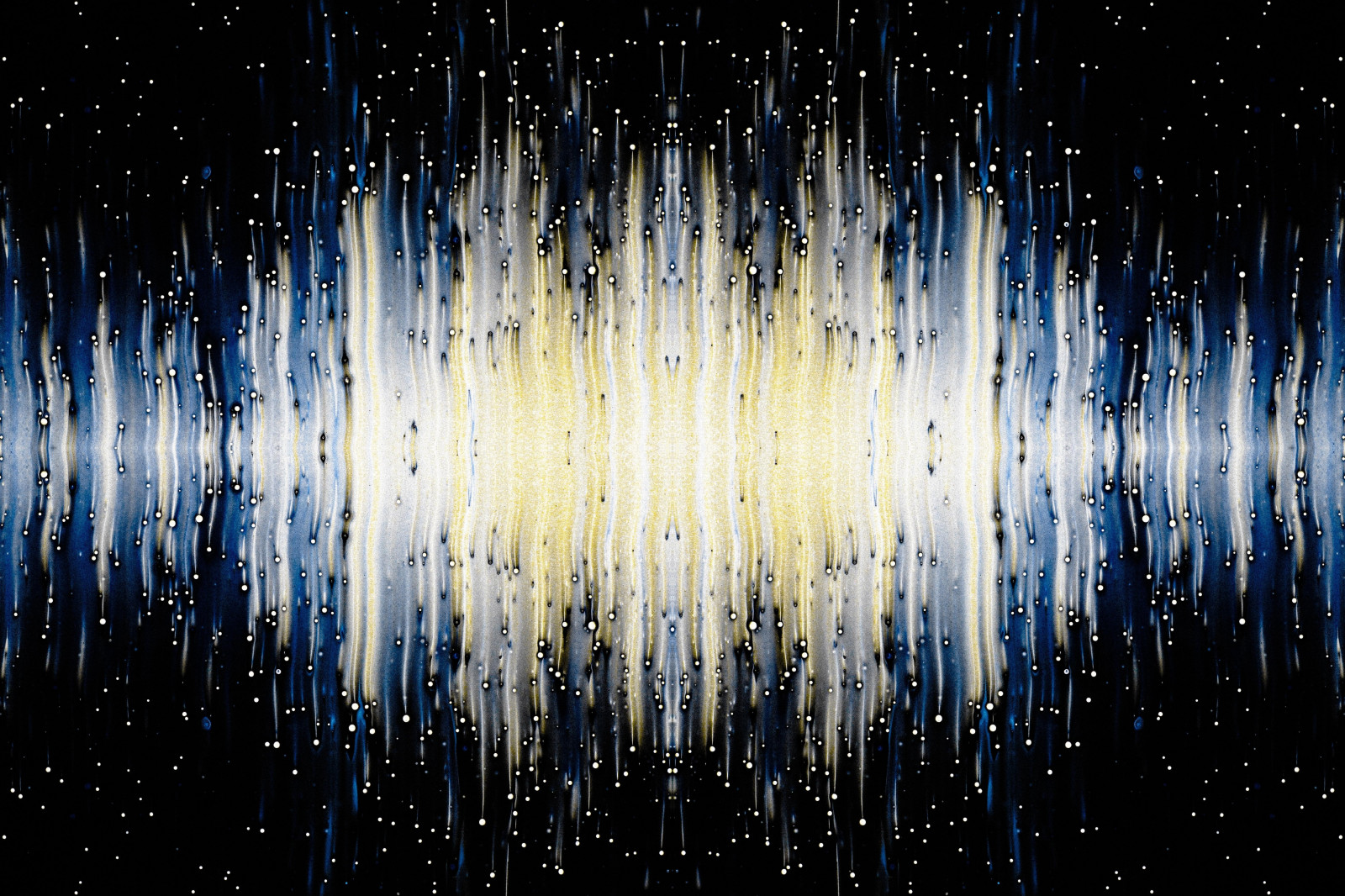Solving the problems of AI require defining what it is… and these lines are tricky to draw

Photo: Susan Wilkinson

Universal Music Group has released a statement asking streaming platforms like Spotify and Apple Music to stop allowing AI’s to train on their datasets, and to remove AI music (largely in the wake of the viral AI-generated hit ‘Heart On My Sleeve’, made in the style of The Weeknd and Drake). The copyright issues experienced by visual art, that resulted in lawsuits brought by artists for their works being used in training the now freely-available bots, have hit music – and soon will impact other genres of entertainment as well.
Music may become the canary in the coal mine for what comes next. AI is no mere hype for the sake of hype. It is changing processes, lowering barriers to entry, making employment positions redundant, and will empower audiences with increasingly powerful and accessible tools to create on their own. How the rights and creator protections are sorted in the world of music may be the roadmap for how it works elsewhere. The prevalent issues are made more complex by the legacy problems with streaming remuneration, and the broadening pool of creators empowered by the number of accessible DIY tools that have enabled the artists direct sector to remain the fastest-growing part of the music industry for a number of years.
Yet, solving where AI fits into the broader rights and creator question is no easy feat, due to the plethora of applications the technology offers. It can be incorporated into existing software as a virtual assistant, or simply to make suggestions based on prompts. It can be used to augment vocals, as with autotuning, or generate them from scratch as seen in ‘Heart On My Sleeve’. Some artists are using AI in their work, like Holly Herndon; some artists are artificial, like Miquela. Programmes like covers.ai offer to generate songs for users in existing styles – but covers themselves are already an accepted part of the industry. Where can lines be drawn and who do they go back to? What does a ‘ban’ of AI music on streaming platforms look like, and who does it exclude? Cutting out too many creators (however casual) will only cause them to seek a platform less tied to the needs of labels, like TikTok, that have no such qualms and could benefit from this trend.
Featured Report
Defining entertainment superfans Characteristics, categories, and commercial impact
Superfans represent a highly valuable yet consistently underleveraged audience segment for the entertainment industry. What drives this disconnect is the fact that – despite frequent anecdotal use of the term – a standardised, empirical definition remains absent, preventing companies from systematically identifying, nurturing, and monetising th...
Find out more…To what degree are creators whose work is in the underlying AI datasets responsible for the outcome of a prompt, versus the AI’s creator company, versus the end user who inputs the prompt? If a search is made that does not include the name of an original creator (e.g., make me a Drake song in the style of Dolly Parton), but rather a more general prompt that results in a similar sounding track (e.g., make me a gypsy jazz track with mid-20s blues lyrics), do the rights of the track belong to any particular creator whose works were integral to the period – and how is that different from any artist making music without AI drawing inspiration from those creators? All of music – and beyond – is iterative, and AI is simply the automation thereof. The main challenge facing the music industry with the rise of AI-generated music is scale. While it has potential to revolutionise the industry, its unchecked growth could disrupt the market. Reconciling the market demands for exponential growth while addressing the issues posed by AI will be difficult. It also raises the question: can one be challenged without impacting the other?
These are questions the entertainment industry will have to address. In doing so, they must take a stand: either try to stop the progress of AI, or embrace the opportunities it offers. What those opportunities might look like will vary from creator to creator, company to company, and industry to industry – but they are there, and it is only a matter of being flexible enough to adopt them.

The discussion around this post has not yet got started, be the first to add an opinion.